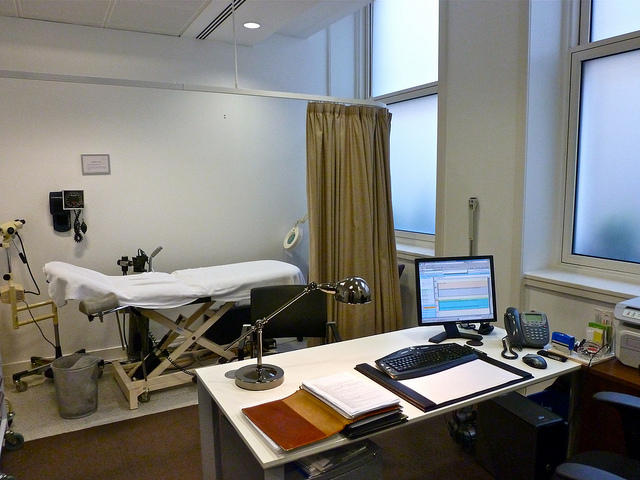Some, like me, who have dedicated their lives to the maintenance and improvement of physical and mental health, may not consider themselves traditional, clinical “healthcare workers.” We may feel as if we work on the fringe, on the outside. We are not nurses or physicians. We work in public health, wellness, nutrition, occupational safety, health economics, fitness, risk management, pharmacy, laboratory, research, insurance and other similar non-traditional clinical professions. We may feel we make a lesser impact on patient care and overall community wellness and vitality. Given historical reference, however, this is absolutely untrue.
The term "healthcare" (whether one word or two) has not been used at all in books, papers, references or published text over hundreds of years, until the mid-1980s. But since the late 1700s, those of us “living on the fringes” have been healthcare workers in the true sense of the practice.
We may not provide bedside patient care in a healthcare or hospital setting, but we do:
- Prevent infectious disease by promoting the use of vaccines;
- Protect the public from pathogenic organisms through water and food sanitation;
- Prevent addiction and antibiotic resistance through pharmaceutical stewardship;
- Manage repercussions from post-traumatic stress with mental health interventions;
- Research global disease trends to stop them in their tracks;
- Manage risk by improving safety, security and improving quality;
- Decrease work-related injury and illness by creating safe workplaces, and
- Prevent heart disease and weight-related cancers by promoting regular exercise.





